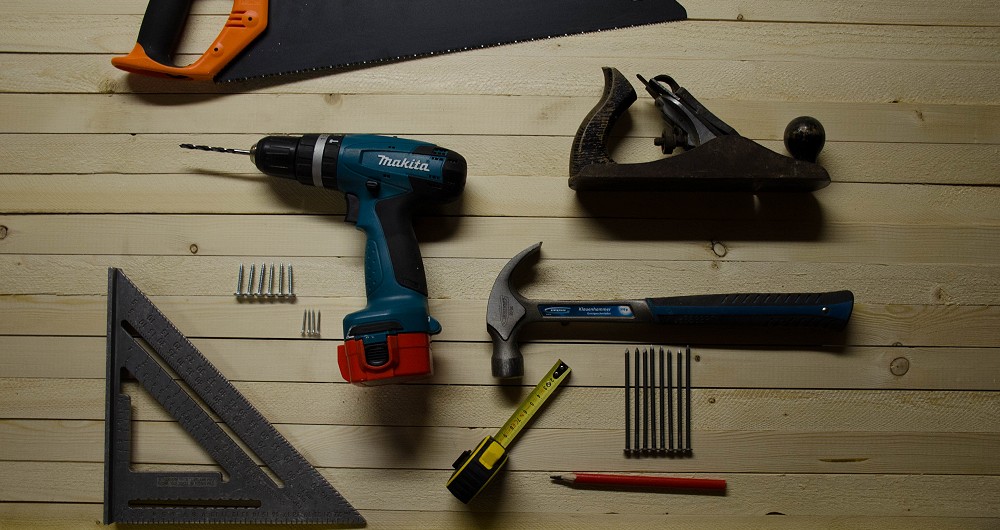7 top tips for taking on a renovation project

Whether you're new to the world of property, or you're looking to take the opportunity to move to a new home with more space - renovating can be a good option, but isn't one for the faint-hearted. We've put together our list of top tips to help make your renovation project a success.
Find a brilliant architect
If you're looking to make structural changes, or extending the property in some way, working with an architect is the best idea. It takes at least seven years of training to become an architect, and a professional will be able to take a look at your ideas and listen to what you're looking to achieve, and come up with clever ideas which you might not necessarily have considered. A builder's plan can give a clear view of the layout, but it can be hard to envision other aspects of what the finished project will look like. An architect can create proper plans and drawings which is second-best only to seeing the finished thing.
Ask for builder and trade recommendations from trusted sources
When you're renovating your own home, you're investing your money into your future. You're trusting trades to carry out your vision, and to give you the space you've been working towards. Although review websites specifically for trades do exist, still the best way to find a good builder is to ask people you know and trust for their recommendations based on work they've had done and are happy with.
Communication, communication, communication
As with any relationship, it's really important that you're able to talk to your builder and they're able to talk to you. Hiring someone who can explain things to you without using jargon and without being condescending is really important. A good relationship with your builder means you'll be able to talk out any points you may disagree with, and you can only do this by everyone being open to discussion.
Get a contract.
A contract with your builder should cover everything from what they will be responsible for, and what you are responsible for doing. It should lay out a schedule of works, and you'll need to make sure items arrive in time for the builders to fit them. This will make sure there aren't delays in your project which could lead to an increased cost (more on that, next). A contract also means you can keep abreast of smaller details like what the builders are supplying themselves such as plug sockets, keeping the whole project on track as much as is in both of your control.
Give yourself a realistic budget (and then some!)
Building projects often go over budget. Even with the best will in the world, you can't look into a crystal ball and predict any problems which might be lurking unseen underneath the surface of your building. Often things are discovered which need to be put right before the renovation can progress as plan. Time is money, and so this can inflate your costs through no fault of your own. What this does highlight, is that it's a great idea to have a 20-30% contingency budget when you're undertaking a renovation project.
Be prepared to compromise
It's a great idea to keep two lists. Things which are 'nice to have' on one list, and things which you will not budge on, on another. If unexpected costs arise, you then know that you can look at the 'nice to have' list in order to cut costs, without compromising things which are your absolute must-haves. If you don't want to compromise on anything, then you may need to make sure your budget and contingency reflect this.
Ensure the project is complete before giving the builders their final payment
Lots of builders will return after three months to check you are happy with their work. This gives everything enough time to settle, and any niggles to present themselves. Once you're entirely happy, you can pay the final instalment!
If you're looking for a renovation property in the local area, get in touch with us and we can have a chat about your requirements.
